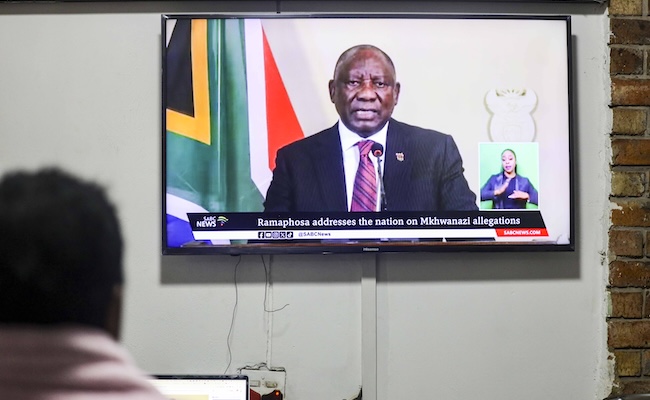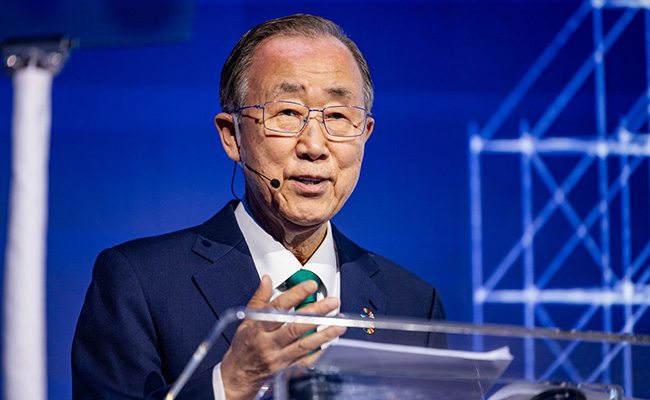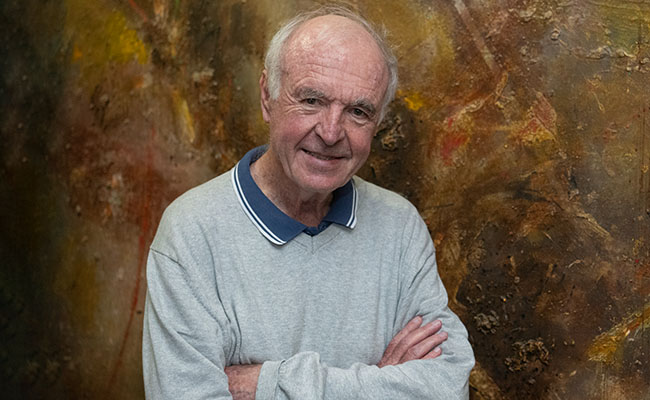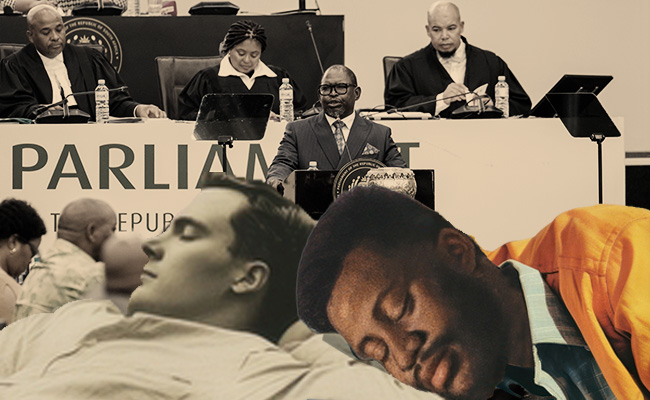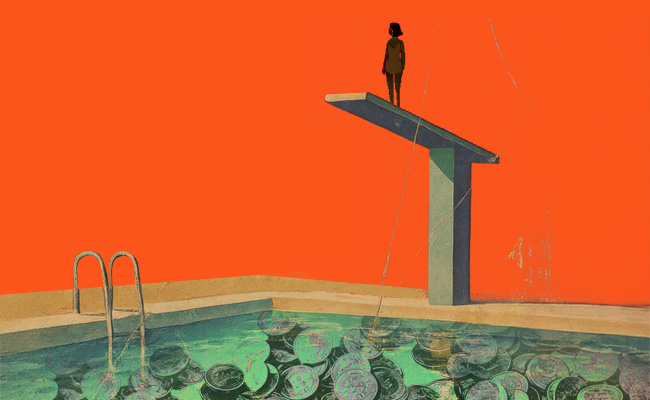There wasn’t much surprise in Cyril Ramaphosa’s briefing to the nation last night. Most particularly the fact that it started late. Or that there was no opportunity for questions. Or that it took the president a full week to state the obvious: the need for a commission of inquiry into the disaster that is the South African Police Service.
It was a subdued and dour affair – a far cry from KwaZulu-Natal police commissioner Nhlanhla Mkhwanazi’s explosive press conference last Sunday, in which he alleged corruption extending to the highest levels of the criminal justice system, and political interference in the police to protect criminal syndicates. Police minister Senzo Mchunu featured prominently in his claims.
It’s sensational stuff. And given the gravity of Mkhwanazi’s claims – and his position within the force – they deserve to be fully aired and interrogated. As they now will be.
Brace yourself for a front-row view of the police’s dirty laundry – greying Y-fronts and all.
It’s been a long time coming; the collapse of the police has been documented by researchers for years. So in a belated attempt at damage control – rushing a clean-up that should have happened years ago –Ramaphosa has now appointed retiring acting deputy chief justice Mbuyiseli Madlanga to chair a judicial commission of inquiry into “allegations relating to the infiltration of law enforcement, intelligence and associated institutions within the criminal justice system by criminal syndicates”.
That’s in addition to a whole raft of a mandate, with the commission set to investigate “facilitation of organised crime; suppression or manipulation of investigations; inducement into criminal actions by law enforcement leadership; commission of any other criminal offences and intimidation, victimisation or targeted removal of whistleblowers or officials resisting criminal influence”.
It will look at current and former senior officials who may have abetted criminal activity, as well as the role of the executive in any elicit activities. And it will consider whether oversight is effective and how it can be improved. And the appropriateness of current legislation. And a partridge in a pear tree.
Let’s hope that when Ramaphosa says the commission “will have the power to refer matters for immediate criminal investigation and urgent decisions on prosecution”, we can take him at his word – that the minute it comes across or uncovers evidence of criminality, it gets handed over to law enforcement. If we have to endure an interminable wait for recommendations in interim or final reports, he may as well shut this thing down before it starts.
Reading the room
It’s no surprise Ramaphosa’s address has been met with cynicism. It all sounds so much like old hat in a country inured to commissions – and their limitations – most recently the Zondo commission of inquiry into state capture. Witness the tome of recommendations that came out of that commission – and the mountains of evidence of corruption – and then consider the foot-dragging that’s characterised the official response, both from the executive in implementing its recommendations, and the authorities in securing successful prosecutions.
That cynicism has extended to Ramaphosa’s decision to put Mchunu on a leave of absence while the inquiry is playing out. In his place, the president has appointed law professor Firoz Cachalia. It makes you question why we even have deputy ministers – never mind two for the police portfolio.
Still, it’s no surprise Mchunu hasn’t been completely dropped; unless you’re a DA deputy minister on the wrong side of a pink slip, you have to try pretty hard to get the heave-ho from Ramaphosa. As Thembi Simelane, Khumbudzo Ntshavheni and Nobuhle Nkabane, happily ensconced in the warmth of cabinet, would well know.
Let’s applaud the president for doing the right – if obvious – thing. But if this doesn’t result in prosecutions in the face of overwhelming evidence, then it will be just another (expensive) Ramaphosa talk shop. Another loss of goodwill that he has so spectacularly squandered.
Top image: President Cyril Ramaphosa briefs the nation on national security matters on July 13. Picture: Gallo Images/OJ Koloti.
Sign up to Currency’s weekly newsletters to receive your own bulletin of weekday news and weekend treats. Register here.


